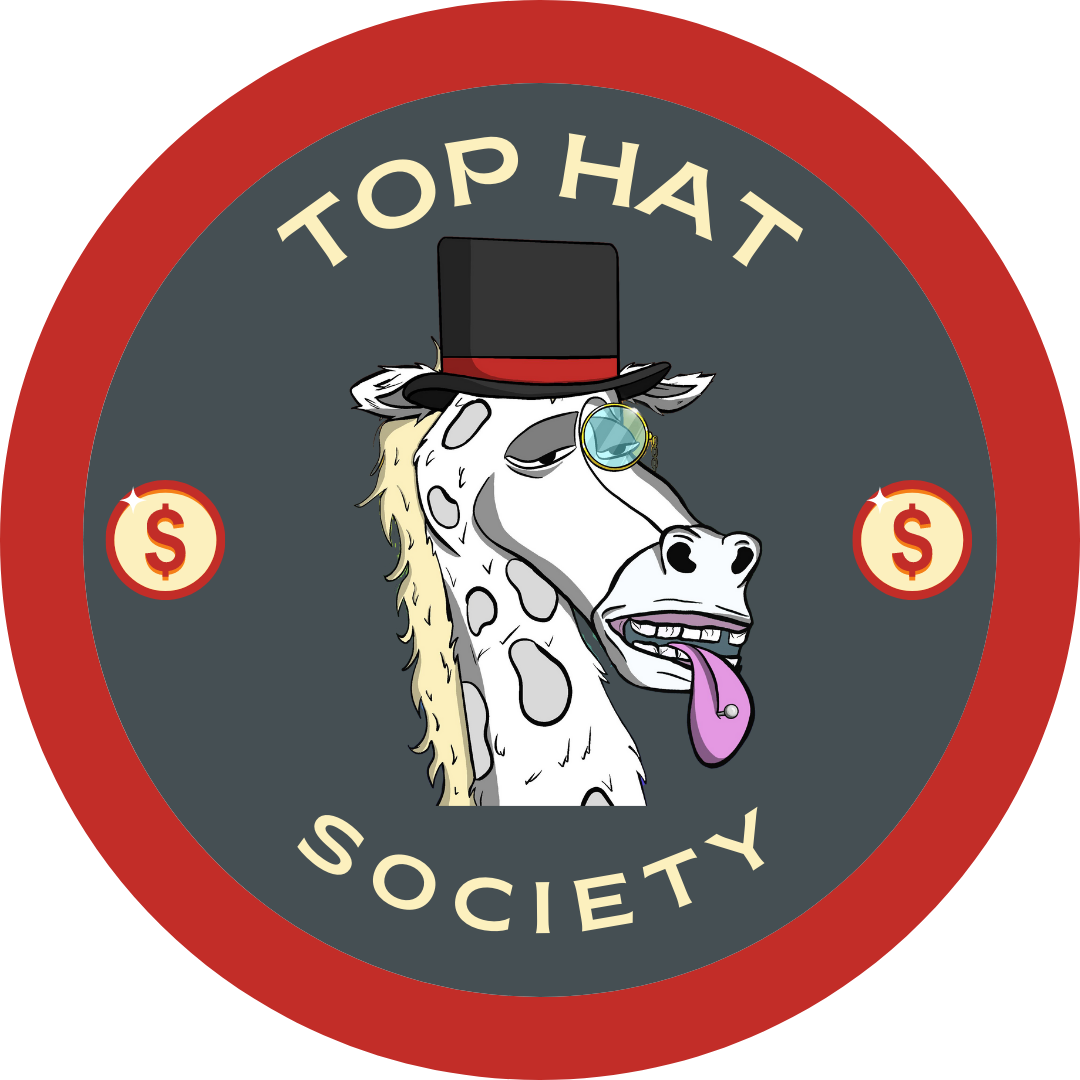The advent of Non-Fungible Tokens (NFTs) has opened up a fascinating frontier in the digital economy, where unique digital assets can be bought, sold, and traded like fine art. However, with great opportunity comes great responsibility—especially when it comes to protecting your creations through NFT Intellectual Property rights. Whether you’re an artist, musician, or content creator, understanding how to safeguard your digital assets in the world of NFTs is crucial. But fear not! We’re here to guide you through this brave new world filled with crypto-kitties and pixelated punks, all while keeping your intellectual property rights firmly in check.
Understanding NFTs and Intellectual Property
Let’s start by breaking down what NFTs are and how they intersect with intellectual property. Non-Fungible Tokens are unique digital tokens that represent ownership of a specific asset on the blockchain. Unlike cryptocurrencies like Bitcoin, which are interchangeable, each NFT holds distinct value based on its uniqueness.
Intellectual property (IP), on the other hand, refers to creations of the mind—be it inventions, literary works, designs, symbols, or images—that you own or create. In the digital realm, your IP can take various forms, such as digital art, music, and even virtual real estate. Understanding the intersection of NFT Intellectual Property is essential for protecting your creative output.
The Importance of Securing Your NFT Intellectual Property
One significant advantage of NFTs is that they provide a clear proof of ownership. However, merely owning an NFT doesn’t automatically mean your IP is protected. Let’s explore why securing your NFT Intellectual Property is critical:
- Establish Clear Ownership: NFTs provide a unique digital certificate that can verify your ownership of the asset. This is especially crucial considering the number of art theft incidents in the NFT space. For example, artists like Greg Rutkowski have had their work tokenized without permission!
- Prevent Unauthorized Reproduction: By making your NFT intellectual property rights clear, you can prevent others from using your work for profit without your consent. Just because someone owns an NFT doesn’t mean they can use it freely without paying you.
- Exclusive Licensing Opportunities: Owning the rights to your creations allows you to create robust licensing agreements. This can help you dictate how your work can be used, whether for merchandise, collaborations, or media projects.
How to Protect Your NFT Intellectual Property
While the NFT space may feel like the Wild West of the digital age, there are several proactive steps you can take to safeguard your NFT Intellectual Property:
- Register Your IP: Consider registering your art or music with the U.S. Copyright Office or similar entities in your jurisdiction. While registration isn’t required, it gives you stronger legal standing in the event of an infringement.
- Smart Contracts Are Your Friend: When minting an NFT, use smart contracts to stipulate terms regarding royalties, reproduction, and usage rights. This automated setup can help ensure that you earn a cut every time your NFT is sold or transferred.
- Educate Your Buyers: When selling NFTs, it’s a good idea to inform buyers about your IP rights. Be clear about what they are obtaining when they purchase your NFT—ownership of the token does not necessarily equate to ownership of the underlying IP.
What Happens When IP Rights Are Violated?
As both the NFT market and digital art world mature, infringement issues are becoming more common. So, what happens if someone uses your NFT Intellectual Property without consent? Here’s what you should know:
- Cease and Desist: The first step usually involves sending a cease and desist letter, which formally requests that the infringing party stop using your work.
- Legal Action: If the infringement continues, you may need to resort to legal action. This can be costly and time-consuming, so it’s best to seek legal advice early on.
- Community and Support: Engaging with the NFT community can also be a powerful tool in combating IP theft. Social media can amplify your rights to your creations and put pressure on infringers.
The Future of NFT Intellectual Property
As the NFT market continues to evolve and expand, the dynamics of NFT Intellectual Property will undoubtedly change as well. There are a few trends to keep an eye on:
- Stricter Regulations: Governments worldwide are starting to realize the necessity of more robust regulations. Expect new guidelines to emerge regarding the ownership and use of NFTs.
- Integration of AI Technologies. Artificial Intelligence can help artists generate unique works that can lead to complex IP rights. It makes you wonder—who owns the art generated by an AI?
- Cross-Platform Ownership: As virtual worlds like the metaverse become more mainstream, we may see an increased demand for established IP rights across various digital platforms.
The Final Brush Stroke on NFT Intellectual Property
Protecting your NFT Intellectual Property is not just an optional add-on—it’s essential. Learning how to navigate the complexities of ownership, copyright, and licensing will empower you to safeguard your creations in this digital frontier. So before minting that cool artwork, ensure your IP rights are secured! After all, it would be much more fun to spend your time creating rather than chasing down rogue NFTs. Keep your assets safe and your creativity flowing, and who knows? You might just become the next digital Picasso, without the risk of someone gallivanting off with your masterpiece!


